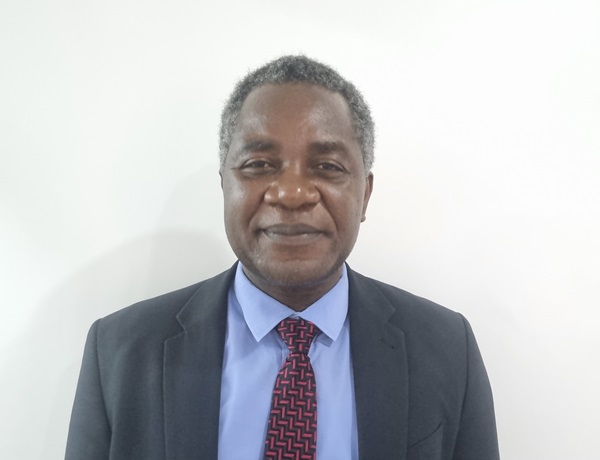
In this interview with Science Nigeria, renowned extension specialist and the Sasakawa Africa Association (SAA) country director for Nigeria, Dr. Godwin Atser shares insights into the role of genetic agriculture in addressing food security challenges in Nigeria.
How does genetic agriculture contribute to solving food security challenges in the country?
Genetic agriculture provides a potential solution to address food security challenges by learning from past mistakes, particularly the green revolution. Embracing regenerative agriculture as the current approach emphasises increasing crop yields while ensuring environmental sustainability, preserving air quality and maintaining soil health.
Is regenerative agriculture only suitable for small-scale farmers, as commonly believed?
No, that’s a misconception. Regenerative agriculture is applicable to various scales of farming. The key is optimising inputs, such as minimising tillage. Practices like minimum tillage or even no-till methods can be adopted, saving costs without compromising yield and making it beneficial for larger operations as well.
How are farmers adapting to regenerative agriculture?
Farmers are actively adopting regenerative agriculture by embracing practices such as composting manure to cope with rising fertiliser prices. Crop rotation is becoming common to maintain soil health. Additionally, innovative techniques like urea deep placement are gaining traction, reducing greenhouse gas emissions while enhancing productivity. The beauty lies in the fact that productivity is not compromised; rather, it is enhanced.
What role does the government play in scaling up regenerative agriculture practices?
The government plays a crucial role in scaling up regenerative agriculture. Investing in extension systems is vital to provide farmers with the necessary information and training. By doing so, the government can encourage the widespread adoption of regenerative agriculture, ensuring a sustainable and secure future for the nation.
What percentage of Nigerian farmers, in your assessment, have willingly adopted or are already implementing regenerative agriculture practices?
While I can’t provide an exact percentage without research-based evidence, there is a notable willingness among farmers to adopt regenerative agriculture. In the communities where we’ve introduced our technologies, there has been no resistance from farmers. For example, in the northern part of Nigeria, where we introduced new maize varieties, farmers have more than doubled their yields. Initiatives like promoting the transplanting of rice in Kano have been successful, showcasing that farmers are receptive to sustainable practices. The key is for the government to invest in extension and advisory services to scale up these technologies.
Sasakawa has been active in Nigeria for over 30 years. What are the success stories and highlights of the organisation’s work?
Sasakawa’s impact in Nigeria is substantial. We’ve reached over 5 million farmers, doubling the productivity of key crops such as maize and cassava. In the middle belt, the introduction of cassava has resulted in farmers achieving more than 20 tonnes per hectare. Our efforts in rice and soybeans have similarly increased productivity, with farmers recording over 2 tonnes per hectare for soybeans. Beyond boosting productivity, Sasakawa is unique in providing training, including up to the doctorate level, for meteoric extension workers. Some have become professors and doctors, contributing to strengthening the extension system, a distinctive aspect of our work.
What motivated Sasakawa’s interest in extension workers?
The interest in extension workers stems from recognising them as the weakest link in the agricultural value chain. Addressing the extension system is crucial for agricultural transformation in Nigeria. Sasakawa believes that investing in extensions is the key to changing agriculture. While there are technologies available, the challenge lies in disseminating these technologies to farmers. Sasakawa aims to bridge this gap by providing training and support to extension workers, ensuring that farmers have access to transformative technologies and practices that can revolutionise agriculture in Nigeria and across Africa.


